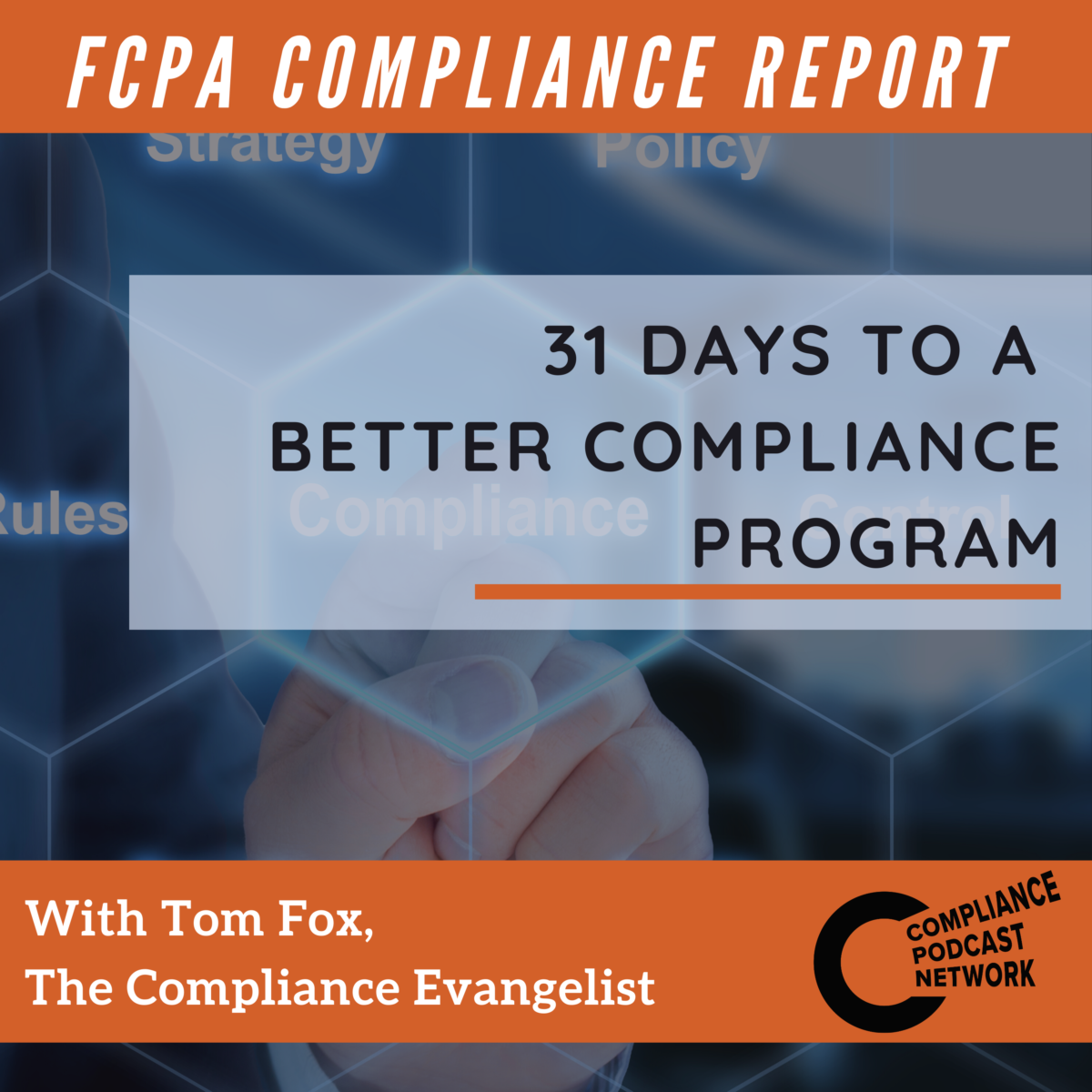Vin DiCianni, founder of Affiliated Monitors, Inc. (AMI), talked about the Monaco speech and culture. He said, “The announcement by Deputy Attorney General Lisa Monaco and the Justice Department reignited the agency’s concentration of corporate liability for white-collar crimes. In doing so, she emphasized to businesses, their leadership, and the lawyers representing them how important it is to implement and maintain strong, effective compliance programs and how DOJ will con. In other words, the criticality of culture is now paramount. CCOs must focus on growing corporate culture to build the ethical foundation for a successful compliance program.
In the most recent MIT Sloan Management Review issue, Donald Sull and Charles Sull penned an article entitled “10 Things Your Corporate Culture Needs to Get Right”, in which they posited that “knowing what elements of culture matter most to employees can help leaders foster engagement as they transition to a new reality that will include more remote and hybrid work.” It is an excellent review of some of the key elements of corporate culture and how CCOs can move forward to lay the foundation of one.
CCOs and compliance functions face challenges while navigating the post-COVID-19 return to work. According to the DOJ’s regulations, businesses must uphold a healthy culture through corporate culture. The authors conclude, “Understanding the elements of culture that matter most to employees can help leaders maintain employee engagement and a vibrant culture as they transition to the new normal.”
Three key takeaways:
1. What distinguishes a good corporate culture from a bad one in the eyes of employees?
2. A good corporate culture forms the basis of a good compliance program.
3. How many elements of a good corporate culture are in your organization?





